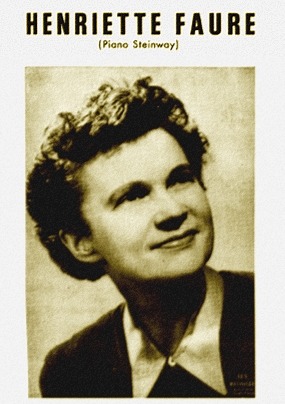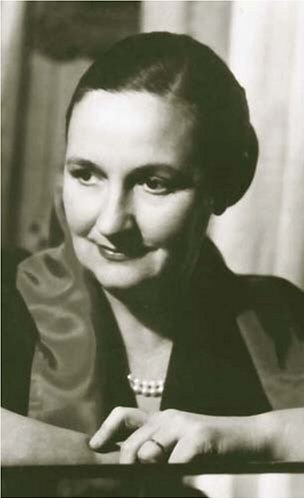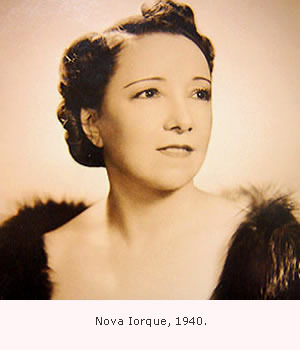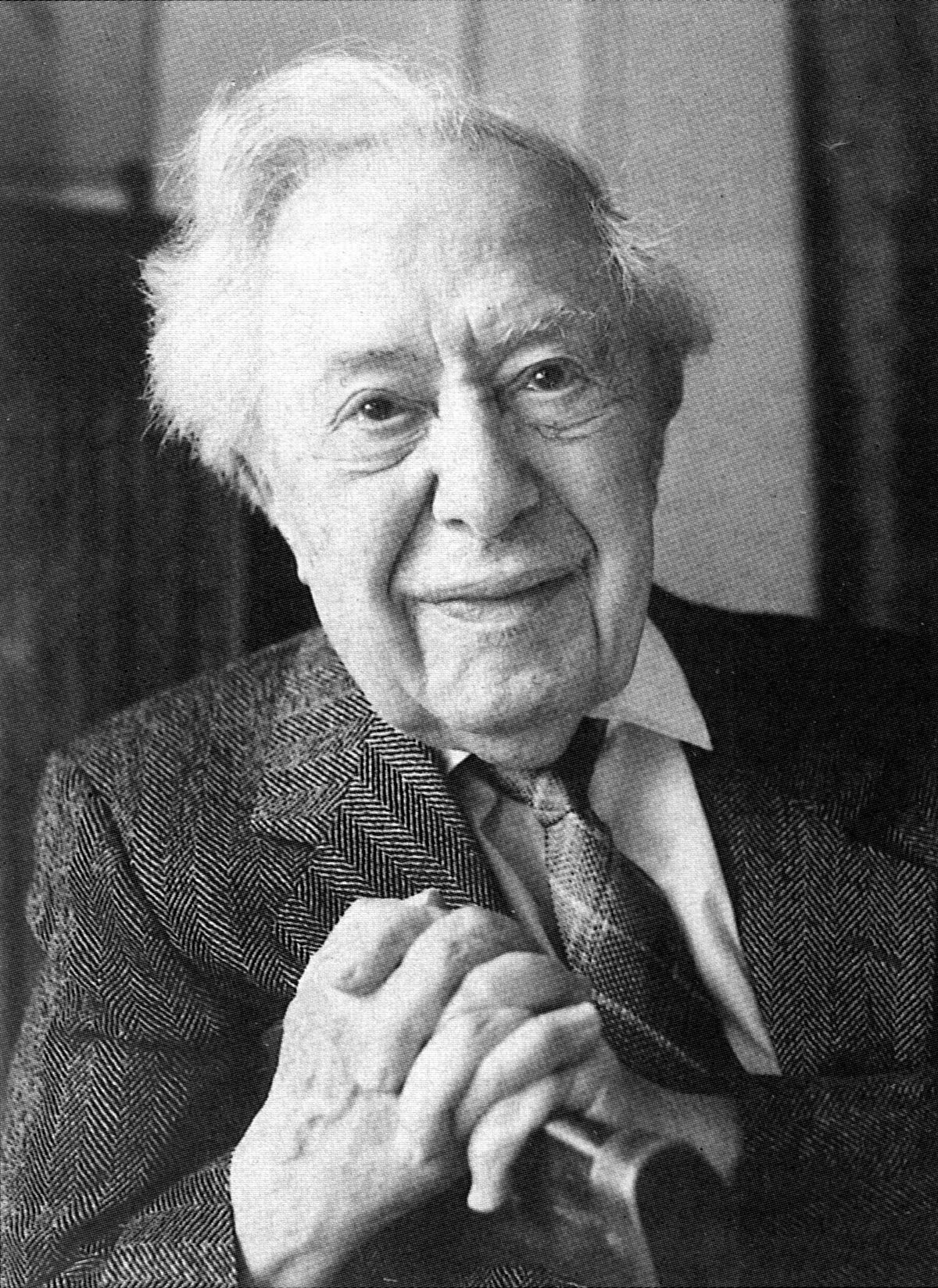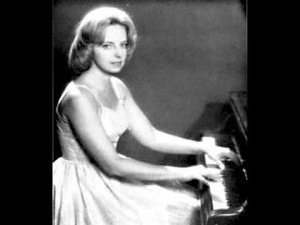
Agnelle Bundervoët
Unfortunately, her time at the Conservatoire was also the time of the German occupation. Her teacher was dismissed from the Conservatoire for his religion, her father died from the effects of his capture as a prisoner of war, and her brother’s plane went down over the English Channel. Bundervoët finally completed her studies at the Conservatoire in 1948, the delay due to the war, but she took full advantage of her time there, studying with the major professors in harmony, counterpoint, piano accompaniment, chamber music, and even was choirmaster for the rehearsals of Fauré’s Requiem. Her depth and breadth of study made her capable of performing not only the classical piano repertoire but also contemporary repertoire.
Her first recording, of a Bach recital, was awarded a ‘Grand Prix du Disque.’ Her concert repertoire included giving the premiere of then–top composer Elsa Barraine’s Piano Concerto in 1954, and she was a champion of the music of the composer Thomas Stubbs, being the dedicatee of his Piano Concerto.
Rheumatism removed her from the concert stage in the mid-1950s and she became a faculty member at the Conservatoire National de Versailles, where she taught for the next 30 years. She found that without the pressure of the concert stage, she could still reach an audience via recordings. She could pre-record material for the radio, taking time between sessions to rest her hands, and, in the end, reached a far larger audience than her concerts would have.
Her performance of Ravel’s Gaspard de la Nuit has been claimed as perfect.

